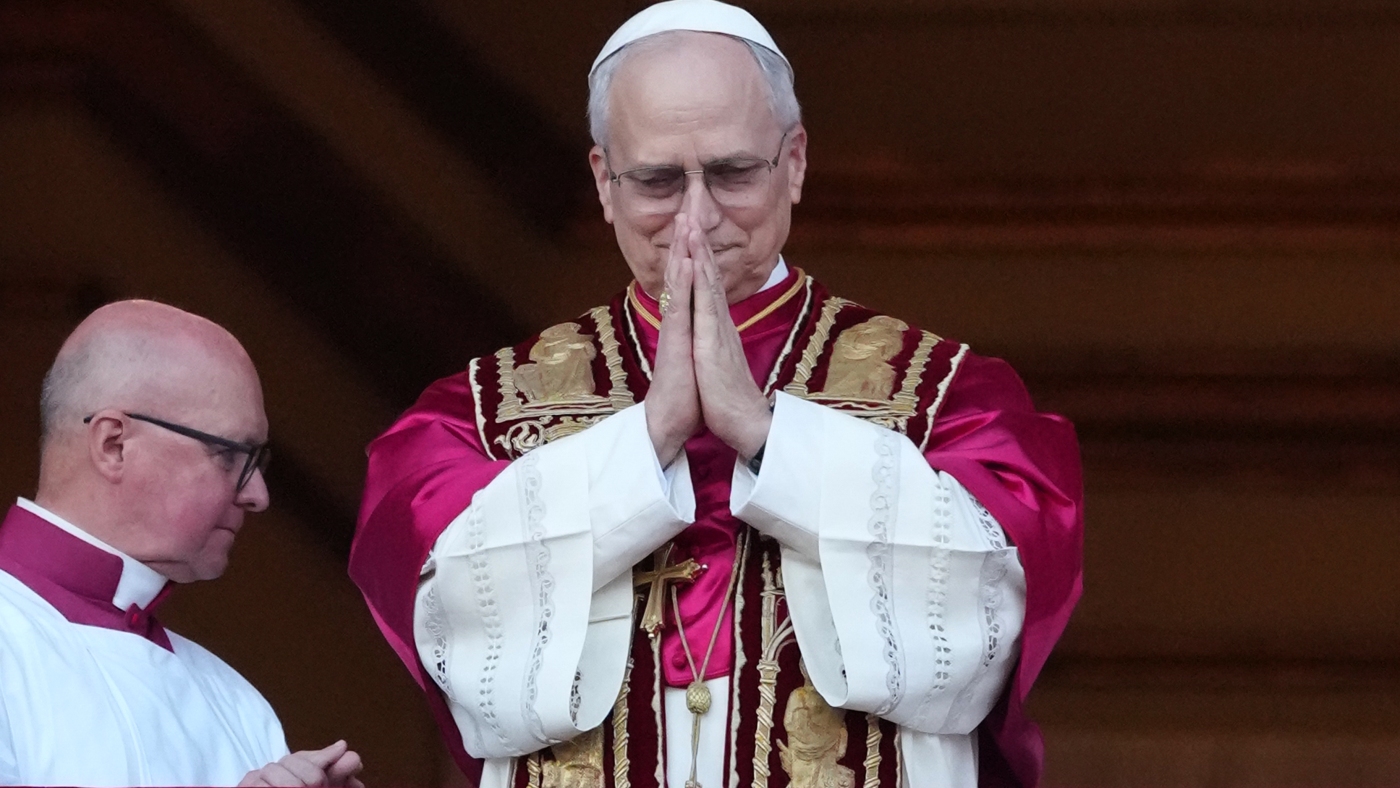“`markdown
Breaking Tradition: The Historic Election of Pope Leo XIV
The election of Cardinal Robert Prevost as Pope Leo XIV represents a seismic shift in the Catholic Church’s leadership. For the first time in history, a North American—an individual born in Chicago, Illinois, with deep ties to Peru—has ascended to the papacy. This momentous event not only shatters centuries of tradition but also signals a broader transformation within the Church, reflecting its increasingly global and diverse identity.
Pope Leo XIV’s background is as unique as his election. Born Robert Francis Prevost on September 14, 1955, he spent much of his career ministering in Peru as a member of the Augustinian religious order. This experience shaped his worldview, grounding his leadership in a commitment to missionary work and a profound understanding of the challenges faced by marginalized communities. His election is a testament to the Church’s evolving priorities, emphasizing inclusivity and a broader representation of its global congregation.
A Message of Unity and Global Harmony
From his first appearance on the balcony of St. Peter’s Basilica, Pope Leo XIV set a powerful tone for his papacy. His inaugural address was a clarion call for peace and unity, urging his message to “enter your hearts, reach your families and all people, wherever they are.” These words resonated deeply with the 1.4 billion Catholics worldwide, many of whom see his leadership as a beacon of hope in a fractured world.
His emphasis on global harmony reflects a papacy that seeks to transcend borders and divisions. By prioritizing the well-being of all people, regardless of their background or location, Pope Leo XIV positions himself as a unifying figure in an era marked by geopolitical tensions and social unrest.
Continuity and Change: Aligning with Pope Francis’ Vision
Pope Leo XIV’s views and allegiances align closely with those of his predecessor, Pope Francis. As a close ally, he shares a focus on social justice, economic fairness, and the Church’s role in addressing global inequities. His choice of the name “Leo XIV” is particularly symbolic, echoing the legacy of Pope Leo XIII, who championed workers’ rights and the formation of trade unions.
This name signals a commitment to continuing Pope Francis’ initiatives, particularly those related to economic justice and the Church’s social teachings. It also suggests a papacy that will actively engage with contemporary issues, from labor rights to the ethical dimensions of globalization.
Navigating Geopolitical and Economic Challenges
The election of Pope Leo XIV coincides with a period of significant geopolitical and economic uncertainty. Ongoing trade negotiations between the U.S. and China, led by Treasury Secretary Scott Bessent and U.S. Trade Representative Jamieson Greer, underscore the interconnectedness of global economies—and the Church’s potential role in advocating for fairness and equity.
Given his background and alignment with Pope Francis’ teachings, Pope Leo XIV is likely to bring a distinct perspective to these issues. His views on trade, economic justice, and the moral responsibilities of global leaders will undoubtedly influence his approach to diplomacy and advocacy.
The Road Ahead: Challenges and Expectations
Pope Leo XIV’s papacy begins amid high expectations and formidable challenges. The Catholic Church is a vast and diverse institution, with varying opinions on issues such as globalization, diversity, and social justice. His ability to navigate these complexities—while uniting the Church under a shared vision—will be critical to his success.
Moreover, his role as a global leader during a time of heightened geopolitical tensions adds another layer of responsibility. His stance on issues like climate change, migration, and economic inequality will be closely scrutinized, both within and outside the Church.
A Historic Moment for the Church and the World
The election of Pope Leo XIV is not merely a historic milestone for the Catholic Church; it is a significant event in global politics. As the first U.S. pontiff, he brings a fresh perspective to the papacy—one shaped by his American upbringing and his extensive missionary work in Peru. His election challenges the traditional European dominance of the papacy, opening the door for a more inclusive and representative leadership model.
This shift has far-reaching implications. It reflects the Church’s recognition of its changing demographics and its need to address the concerns of its diverse congregation. It also positions the Church as a more dynamic and responsive institution, capable of engaging with the pressing issues of our time.
Conclusion: A New Chapter for the Catholic Church
Pope Leo XIV’s election marks the dawn of a new era for the Catholic Church. His commitment to social justice, global unity, and the Church’s mission to serve all people sets him apart as a leader uniquely suited to address the challenges of the modern world.
As the first U.S. pontiff, he brings a distinctive perspective—one that blends his American roots with his global experiences. His papacy will likely be defined by his ability to bridge divides, advocate for the marginalized, and uphold the Church’s teachings in a rapidly changing world.
The road ahead is fraught with challenges, but Pope Leo XIV’s leadership offers a renewed sense of purpose and possibility. His election is not just a break from tradition; it is a bold step toward a more inclusive and compassionate future for the Catholic Church and the global community it serves.
“`











